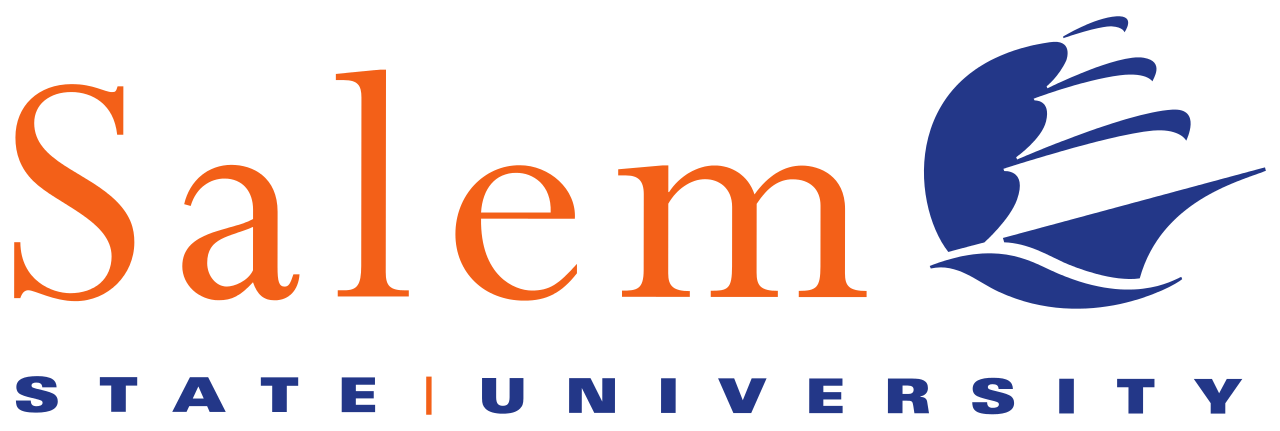Presentation Date:
Location:
Presentation Slides:
The language of adaptive leadership has much in common with the language of a pandemic: diagnosis, loss, resistance (see Heifetz et al., 2009). Each are characterized by significant, hard-to-fathom changes to how we live, work, and walk through the world. In more ordinary times, the art of adaptive leadership involves helping members of an organization to interrogate often-tacit values and beliefs that are holding in place the status quo. Interrogating these beliefs can, over time, lead to transformations in organizational structures and practices. However, this deliberate process – a gradual shift in beliefs before a gradual shift in practices – has been upended by the widespread disruptions associated with COVID-19. Instead, entire structures and longstanding practices were suddenly and necessarily tossed aside, leaving educators, families, and students to rethink what it means to do teaching and learning. The global impact of these rapid shifts on learning and on educational equity have been well-documented (e.g., Engzell et al., 2020; Jæger & Blaabæk, 2020; Petretto et al., 2020).
Less well-understood but arguably more pressing for educational leaders is the effect of COVID-19 on teachers’ sense of identity and competence. Reich et al. (2020) referred to this as a crisis of “professional loss, uncertainty, and burnout” (p. 9), in which even the most experienced educators felt like floundering novices. For this reason, a critical area of growth and learning for educational leaders – and for institutions of higher education charged with training and supporting them –is how to diagnose and manage teachers’ professional loss. To do so will require what Harris (2020) called the “leadership currency” of kindness, gratitude and empathy. Two practical frameworks for applying Harris’s prescription may be found in the literature of crisis management and grief: in particular, Petriglieri’s (2020) adaptation of the psychological concept of “holding” as a key leadership competency and Kessler’s (2020) notion of meaningfulness as a tool for healing.
In this session, participants will use these frameworks as lenses to look back on the last year, to examine how our own feelings of professional loss and resistance may help us better understand the adaptive challenges facing educators more broadly, and to incorporate this new understanding into our own identities as leaders and our leadership practice.

